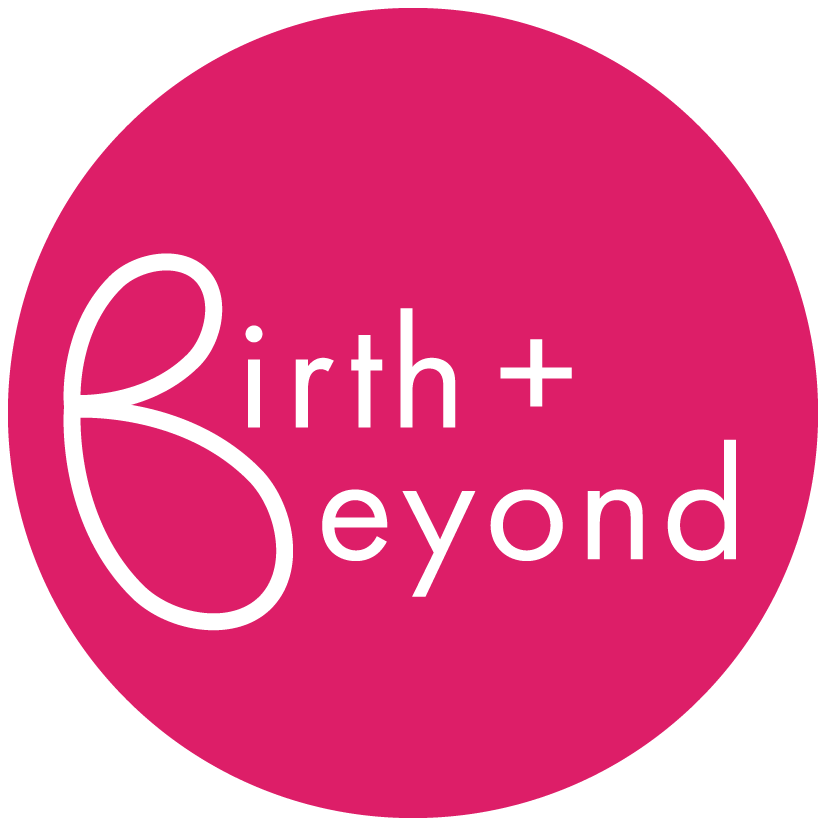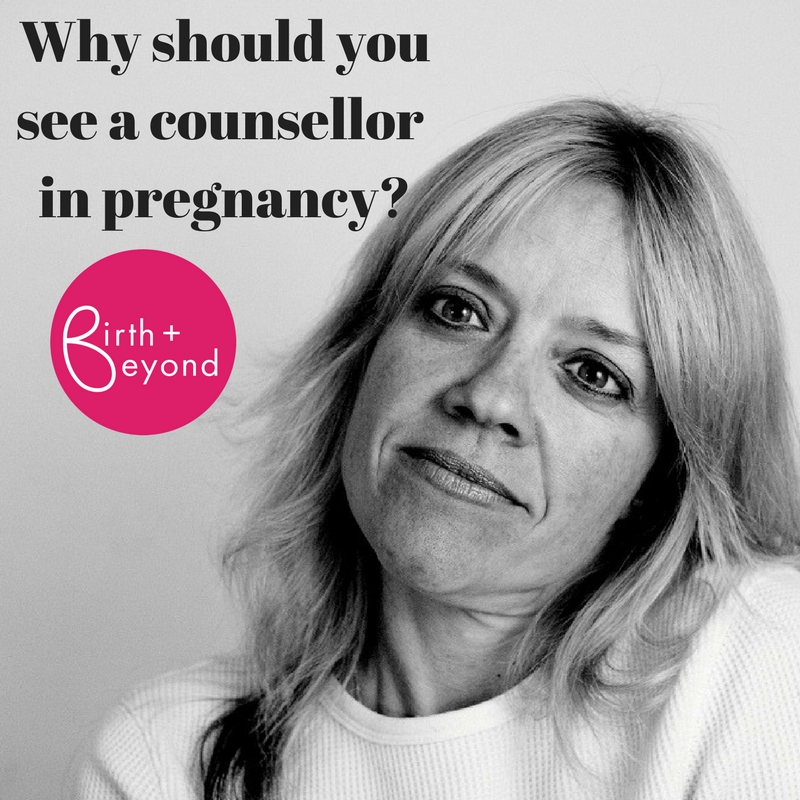1. Your important relationships often change when you are pregnant, and counselling can help you manage those changes
Many women have told me that when they become pregnant, they are shocked by how some of their relationships change. Some women feel let down because their partner doesn’t seem as involved as they are, or others feel shocked that friends seem to distance themselves. Babies can change relationships before they are even born, and having space to process these changes can help you enter motherhood feeling more resilient.
2. You might find that old feelings about your own childhood come up and need space to process them.
It’s the old cliché that counsellors just want to talk about your childhood, but actually there is no time when this is more true than when you become a parent yourself. You might want your child to experience childhood in the same way you did but feel scared that you can’t manage that, or you might want them to have a totally different experience and not know how to make that happen. Either way, exploring your feelings can give you a better basis to be the parent you want to be.
3. Counselling offers a judgement free zone to talk about some of the feelings you might experience, even the ones that you don’t want to experience.
Sometimes you don’t feel the way you expect to in pregnancy. You might feel low or anxious. You might feel resentful or angry. Not the picture of glowing and blissed out expectancy that maybe you were envisaging. If you’re distressed by how you are feeling, it might feel as though other people will judge you or think that something is wrong. Counselling can provide a safe space to explore these feelings, as counsellors are trained NOT to judge.
4. Counselling helps you create space to think about your baby, which can be hard when life is so busy.
Creating a reflective space to connect with your baby can be really hard, when life is already full enough. Some mothers choose to have counselling because they know it creates a regular appointment for them to connect with how they feel about their unborn child and to reflect on their hopes and fears for the future. Sometimes having someone else there asking questions can help you create that space, if you’re struggling to create it for yourself.
5. Counselling has been proven to reduce your likelihood of experiencing postnatal depression
According to research, counselling is one of the only things known to help reduce your likelihood of getting postnatal depression. The mechanism by which that happens hasn’t yet been fully figured out (and it might be because of some of the reasons given above), but if postnatal depression is something you’re concerned about, it might be worth considering having some counselling during pregnancy.
If you found this post interesting, you might be interested in some of the other posts I have written, including my five top tips about choosing a buggy, and a post about what might affect you in motherhood. I have also guest written a piece for the Every Mum Movement about why pregnancy is not just a waiting game. If you're interested in finding out more about me and the counselling service I offer pregnant women and mothers, you can check me out here. I'm always interesting in hearing what you think, so please do feel free to get in touch!



